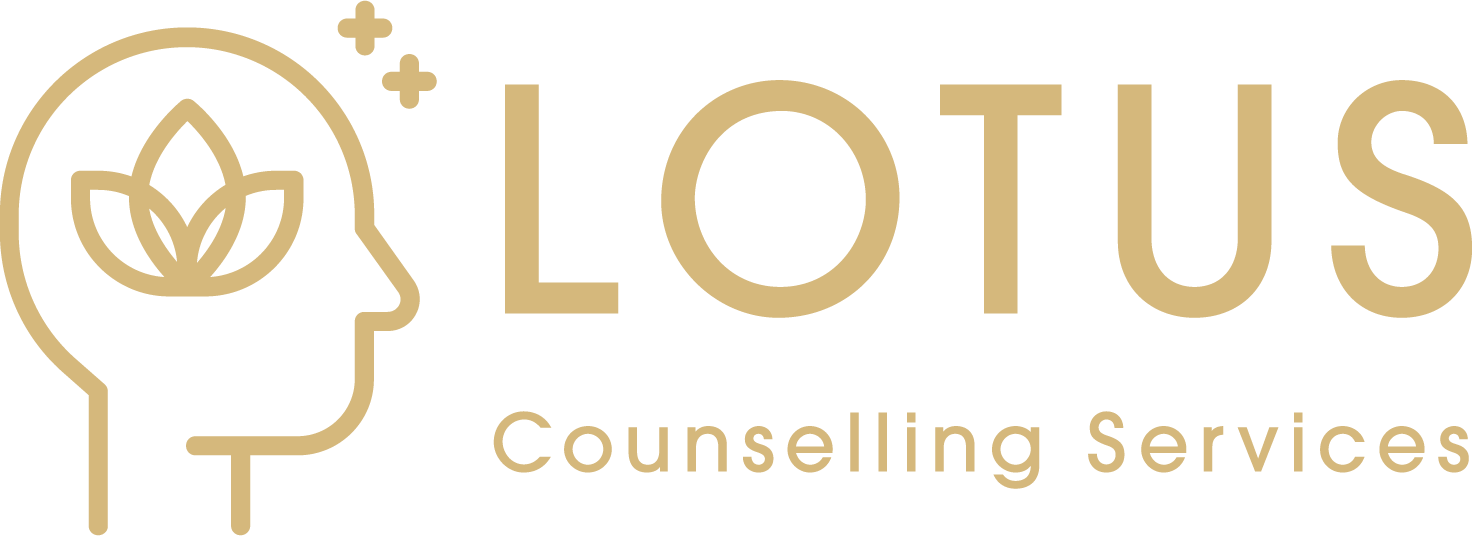How to Overcome Depression with Cognitive Behavioral Therapy (CBT)?
Depression is a pervasive mental health condition that affects millions of people worldwide. It can cast a dark shadow over one's life, making everyday tasks seem complex and robbing individuals of their joy and vitality. While the road to recovery may be challenging, it is not unachievable.
Cognitive Behavioral Therapy (CBT) has emerged as a highly effective approach to managing and overcoming depression.
What is a Depression?
Depression is a complex mental health disorder that goes beyond simply feeling sad. It can manifest in various ways, including persistent feelings of sadness, hopelessness, guilt, or worthlessness, loss of interest or pleasure in once-enjoyed activities, changes in appetite or weight, difficulty sleeping or oversleeping, fatigue, and even physical symptoms like headaches and stomachaches.
Depression can be triggered by a combination of genetic, environmental, and psychological factors, making it a multifaceted condition that requires comprehensive treatment.
Related Articles:
What is Emotion Focused Therapy? - Stages & Steps
What to expect in First Therapy Session with Lotus Counselling in Ontario, Canada
10 Easy Ways to Manage Your Anger
The Role of Cognitive Behavioral Therapy (CBT)
Cognitive Behavioral Therapy, or CBT, is a widely recognized and empirically supported approach to treating depression. It is based on the principle that our thoughts, feelings, and behaviors are interconnected and can influence one another.
CBT aims to identify and change negative thought patterns and behaviors that contribute to and perpetuate depressive symptoms.
Identifying Negative Thought Patterns: The first step in CBT is recognizing and understanding the negative thought patterns that fuel depression. These may include automatic thoughts such as self-criticism, catastrophizing, and all-or-nothing thinking.
Through self-reflection and guidance from a trained therapist, individuals can learn to identify these destructive thought patterns as they arise.
Challenging Distorted Beliefs: Once negative thought patterns are identified, CBT helps individuals challenge and reframe them.
Therapists assist clients in examining the evidence supporting or refuting their beliefs, helping them develop a more balanced and realistic perspective on their thoughts and emotions.
Behavioral Activation: Depression often leads to a lack of motivation and withdrawal from activities.
CBT addresses this by encouraging individuals to engage in positive, goal-oriented behaviors.
Gradually reintroducing enjoyable and meaningful activities into one's life can help counteract depression's paralyzing effects.
Problem-Solving Skills: CBT equips individuals with problem-solving skills to address real-life challenges and stressors that may contribute to depression.
Learning how to break down problems into manageable steps and develop effective solutions can increase one's sense of control and reduce feelings of helplessness.
Mindfulness and Relaxation Techniques: CBT may also incorporate mindfulness and relaxation techniques to help individuals manage distressing emotions and cultivate a greater sense of self-awareness and emotional regulation.
Looking for CBT in Ontario?
Lotus Counselling Services is a leading provider of mental health services that can greatly assist individuals on their journey to overcoming depression through CBT. Here's why Lotus Counselling is a trusted choice:
How CBT is typically structured
Here's a brief overview of how CBT is typically structured:
1. Assessment or Psychological Assessment: In this initial phase, Our therapists at Lotus Counselling will work with you to understand your unique situation. This involves identifying your specific challenges, triggers, and the thought patterns that contribute to your distress.
2. Reconceptualization: Following assessment, you and our therapist will collaboratively explore and reframe your thought patterns. You'll learn how to recognize and challenge unhelpful thoughts, gaining a more logical understanding of your emotions and reactions.
3. Skills Acquisition: CBT is highly practical, and you'll acquire a toolkit of skills to cope with your challenges. These skills include learning how to assess reality accurately, cope with triggering situations, engage in positive self-talk, and boost your self-confidence.
4. Skills Consolidation and Application Training: Practice makes perfect. Your therapist will guide you in applying the skills you've learned to real-life situations. This step ensures that you become proficient in using these coping mechanisms effectively.
5. Generalization and Maintenance: CBT isn't just about short-term fixes; it's about fostering lasting change. Our therapist will help you generalize these skills, making them a part of your daily life. This phase ensures that you can maintain your progress and effectively handle future challenges.
6. Post-Treatment Assessment Follow-Up: Your journey doesn't end when therapy concludes. Lotus Counselling believes in providing ongoing support, and post-treatment assessments are part of our commitment to your well-being. We'll follow up to ensure that you continue to thrive.
Why Lotus Counselling Services?
| Awareness of Unhelpful Thoughts | You'll learn to recognize and understand how unhelpful thoughts impact your emotional state. |
| Logical Understanding of Others | CBT will help you develop a more logical and empathetic understanding of other people's actions, reducing interpersonal stress. |
| Challenge Automatic Assumptions | You'll gain the ability to challenge automatic assumptions and beliefs, leading to more balanced thinking. |
| Accurate Reality Assessment | CBT will equip you with the tools to assess reality accurately, reducing irrational fears and anxieties. |
| Coping with Triggers | You'll learn strategies to effectively cope with triggering or upsetting situations, reducing their impact on your mental well-being. |
| Positive Self-Talk and Confidence Building | Through CBT, you'll develop the skills to engage in positive self-talk and boost your confidence, enhancing your overall self-esteem. |
| Relaxation Techniques | Stress is a common factor in depression, and CBT includes relaxation techniques to help you manage stress effectively. |
Overcoming depression is a journey that requires dedication, self-compassion, and effective tools. Cognitive Behavioral Therapy (CBT) has emerged as a powerful and evidence-based approach to managing and overcoming depression.
When combined with professional guidance from services like Lotus Counselling, the road to recovery becomes clearer and more manageable.

